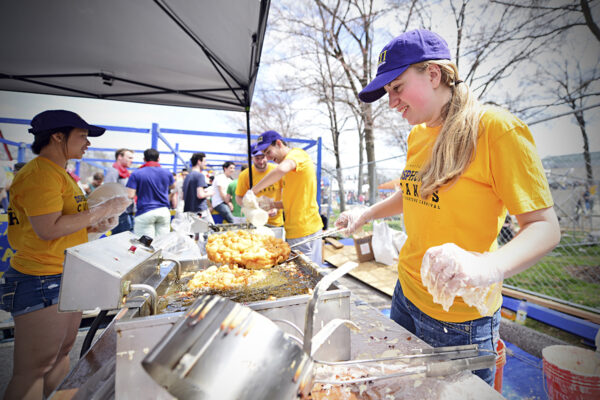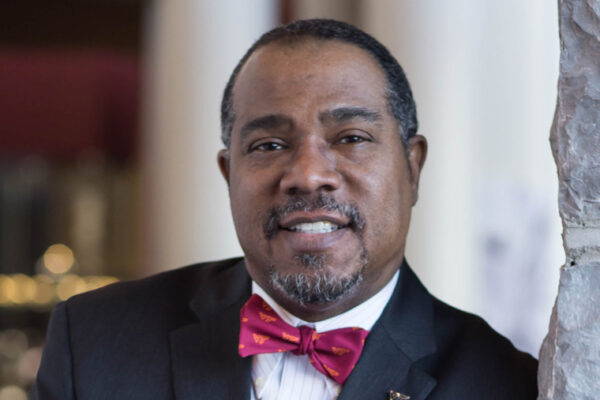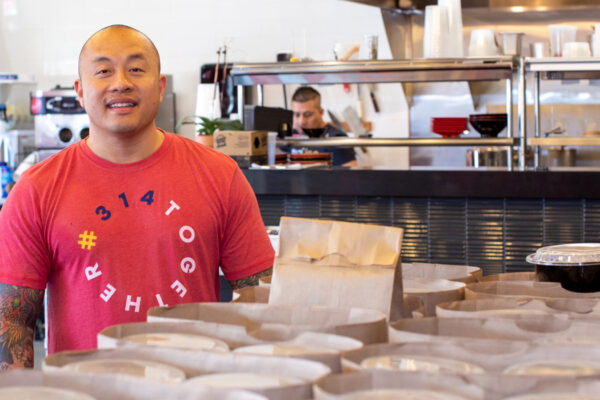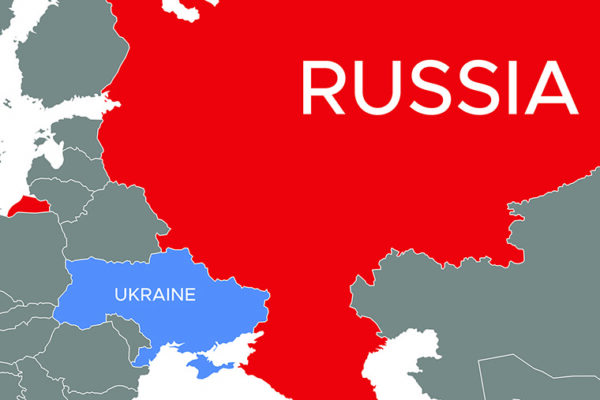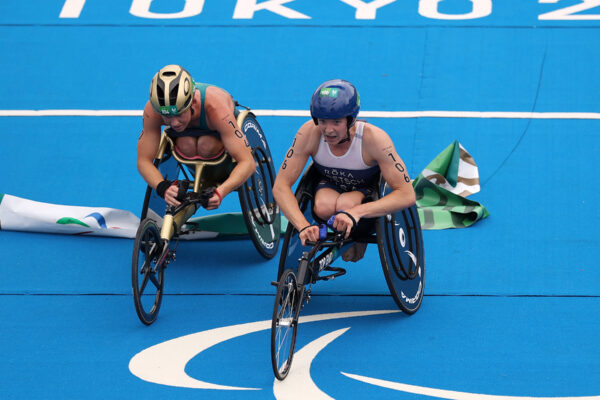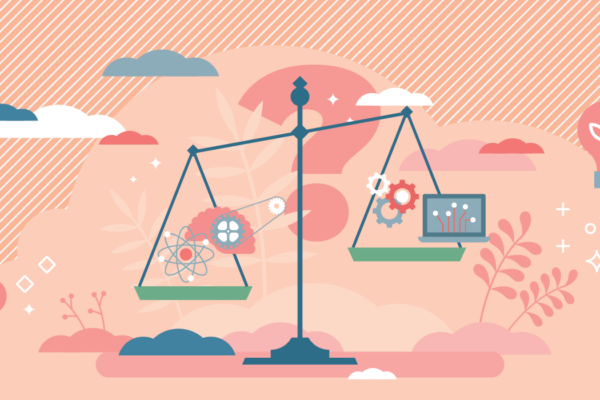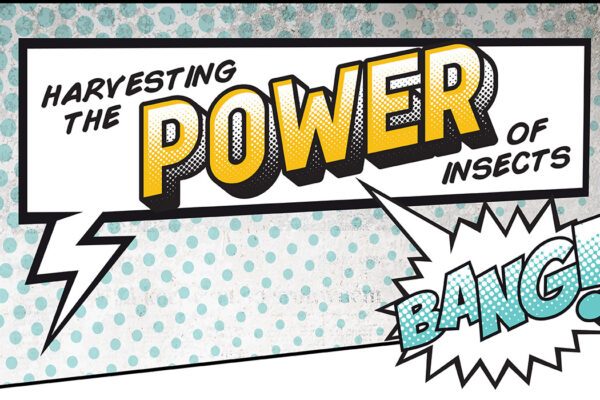Media advisory: Thurtene Carnival returns to Washington University April 8-10
Thurtene Carnival, the nation’s oldest and largest student-run carnival, returns to Washington University in St. Louis this weekend. Hours are 4 to 8 p.m. Friday, April 8, and 11 a.m. to 8 p.m. Saturday and Sunday, April 9 and 10.
Media Advisory: The Honorable Sonia Sotomayor to speak at Washington University in St. Louis
U.S. Supreme Court Justice Sonia Sotomayor will speak at Washington University in St. Louis at 2 p.m. Tuesday, April 5, in the Athletic Complex Field House. Media attending need to RSVP.
Franklin appointed assistant vice chancellor for environmental health and safety
Lance Franklin, assistant vice president for environmental health and safety services at Virginia Tech, has been appointed assistant vice chancellor for environmental health and safety at Washington University in St. Louis, effective March 7, announced Shantay Bolton, executive vice chancellor for administration and chief administrative officer.
Understanding the financial sanctions against Russia
The unprecedented scale and unanimity of the sanctions imposed on Russia have crippled its economy and represent a new form of economic warfare, according to Mark P. Taylor, dean of Olin Business School at Washington University.
2020-2021: WashU Community Impact and COVID Response
A letter from the chancellor The COVID-19 pandemic has tested Washington University in St. Louis like no other crisis in our shared history. And we’re not out of the woods yet. But through it all, we have stayed true to our vow to be “in St. Louis, for St. Louis.” In the past two years, […]
Putin, Russian security and the invasion of Ukraine
In the post-Cold War era, the gradual emergence of an independent Ukrainian identity has threatened Kremlin ambitions for a unified Slavic whole, writes WashU’s Krister Knapp.
02.21.22
Images from on and around the Washington University campuses.
Good as gold
Kendall Gretsch, a 2014 graduate of the McKelvey School of Engineering in biomedical engineering is on her way to becoming a summer — and winter — Paralympic legend.
Asking big questions about the role of science, engineering
The course “Historical and Philosophical Aspects of Science, Engineering and Technology” delves into ethical issues of science and engineering.
Don’t smash that bug!
Bugs. We squish ’em, smash ’em, fear ’em, scare ’em, spray ’em, sweep ’em, flick ’em and generally misunderstand them. But perhaps it’s time we rethink our relationship to our tiny, multi-legged invertebrate friends who have been around since long before we humans got here — and will be here long after we’re gone. Insects […]
Older Stories
